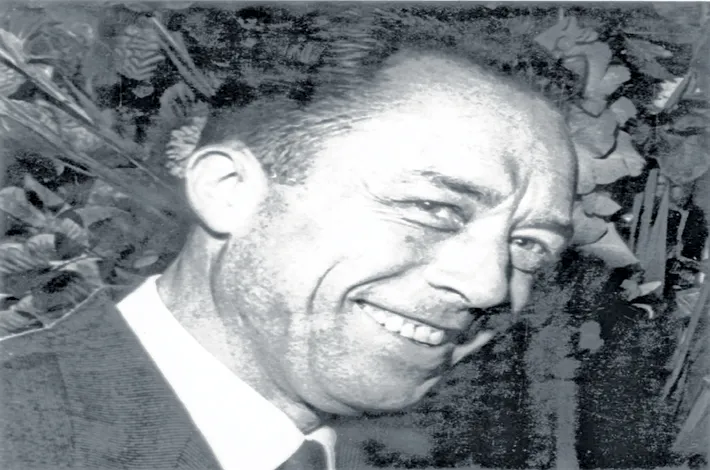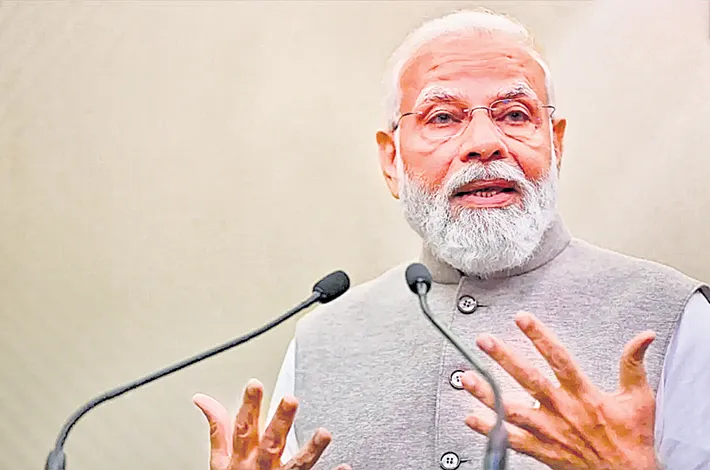Albert Camus: Timeless rebel shaping ideas in a fractured world
13-01-2025 12:00:00 AM

Exploring Camus’ enduring relevance, his rebellion, and philosophy that transcends generations and beliefs
In the turbulent sixties, it became trendy among intellectuals, sciolists, pseudo-intellectuals, and college-goers to read Albert Camus, the legendary French existentialist and Nobel laureate in Literature (1957). Decades have passed, but the fascination with Camus’ books, philosophy, and ideas remains undiminished. His novels—The Plague, The Rebel, The Stranger, and The Myth of Sisyphus—are still avidly read and animatedly discussed.
But what makes Camus, the great Frenchman, so enduringly relevant and readable?
Camus’ thoughts resonate across generations because he wasn’t an armchair philosopher living in an ivory tower. He empathized with the pain, pathos, and struggles of the common man. He urged humanity to action, proclaiming: "The only way to deal with an unfree world is to become so absolutely free that your very existence is an act of rebellion."
This quote underscores the transformative power of freedom. To live freely is to embrace self-determination, accountability, and resilience. Absolute freedom empowers us to challenge oppression and societal injustices, creating a more equitable world. In Camus’ view, freedom is humanity’s greatest weapon against tyranny.
Similarly, his assertion, "Freedom is nothing but a chance to be better," reflects his belief in personal growth. Freedom provides the opportunity to improve ourselves, influence those around us, and shape a better future. With this power, however, comes responsibility. Camus reminds us to use our freedom wisely, taking charge of our lives and ensuring that this precious gift is never taken for granted.
As a keen observer of human nature, Camus insightfully noted: "Those who lack the courage will always find a philosophy to justify it." This statement critiques the tendency to rationalize inaction. Courage is an essential virtue, and without it, people often justify their passivity, leading to choices that hinder progress and self-fulfillment.
In a world increasingly driven by fear—where even respect often hinges on intimidation—Camus’ timeless words, "Nothing is more despicable than respect and devotion based on fear," hold profound significance. Fear-based respect breeds misunderstanding, disconnection, and disempowerment. Camus championed mutual understanding and genuine respect, rejecting fear as a basis for human interaction.
Camus also reminded us of the futility of obsessively seeking happiness or the meaning of life: "You will never be happy if you continue to search for what happiness consists of. You will never live if you are looking for the meaning of life." This poignant insight encourages living in the moment. Constantly chasing abstract ideals can lead to a perpetual quest, robbing us of the joy found in simple, present experiences.
Reading Camus is akin to engaging with encapsulated wisdom. His books, essays, and novels speak to the essence of life, its dimensions, and its complexities. He espoused a humanitarian philosophy grounded in ethics without invoking God or religion, which he saw as barriers to humanity’s natural progress.
Camus believed morality was not born of faith or fear of God but distilled from collective human experience. His powerful words, "A man without ethics is a wild beast loose upon this world," highlight the importance of conscientious behaviour untethered from dogma.
For Camus, existence itself is the essence of human civilization. He focused on the struggles of humanity, relating them to our everyday lives, asserting that ethical behaviour requires neither faith nor divine guidance.
Albert Camus tragically passed away in a car crash on January 4, 1960. Yet, his relevance endures, his ideas as vibrant and thought-provoking as ever. He remains a beacon for those seeking clarity, purpose, and rebellion in a chaotic world. Take a bow, master.








